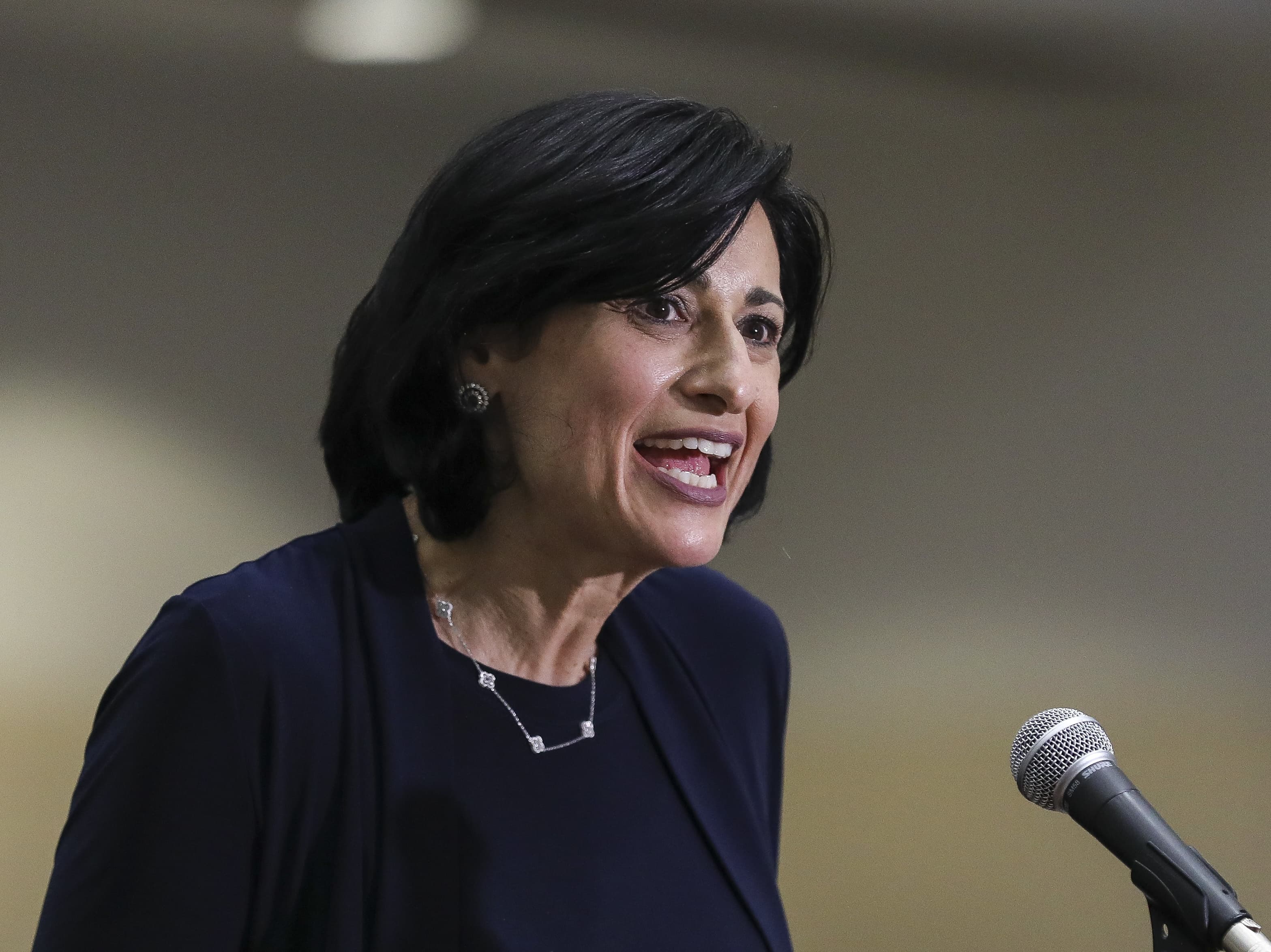Tweet Challenges CDC's Public Health Priorities, Citing Disparity in Declarations

J.D. Haltigan, PhD, recently questioned the Centers for Disease Control and Prevention's (CDC) public health declarations, specifically highlighting a perceived inconsistency between the agency's stance on racism and its response to what he termed "Leftist violence." In a tweet, Haltigan stated, "If the @cdc thought there was a 'pandemic of racism' that was a serious threat to public health in 2020-2021, why haven't they made similar a similar statement about the pandemic of Leftist violence unspooling all around us? This was always the real pandemic."
The CDC officially declared racism a serious public health threat in April 2021. Dr. Rochelle Walensky, then-Director of the CDC, emphasized that the COVID-19 pandemic had illuminated long-standing inequities, stating, "Racism is a serious public health threat that directly affects the well-being of millions of Americans." This declaration underscored the agency's commitment to addressing structural barriers that impact racial and ethnic groups and lead to stark health disparities across the nation.
Following this declaration, the CDC launched initiatives and a web portal dedicated to "Racism and Health," aiming to provide public and scientific information on the subject. The agency committed to studying how racism affects health and implementing solutions, including expanding investments in disproportionately affected communities. This move was part of a broader effort to integrate anti-racism into public health practices and policies.
While the CDC has not issued a statement specifically on "Leftist violence," the agency and other public health bodies have addressed violence and social unrest more broadly as public health concerns. Public health research often examines the health impacts of various forms of violence, including community violence and the mental health consequences of social unrest. However, these discussions typically avoid partisan labeling of such events.
The tweet by Dr. Haltigan reflects ongoing debates regarding the scope and focus of public health agencies, particularly when addressing politically charged social issues. Critics often scrutinize such declarations for potential biases or perceived omissions, while public health advocates argue for a comprehensive approach that considers all significant determinants of health. The discussion highlights the challenges public health institutions face in navigating complex societal issues.